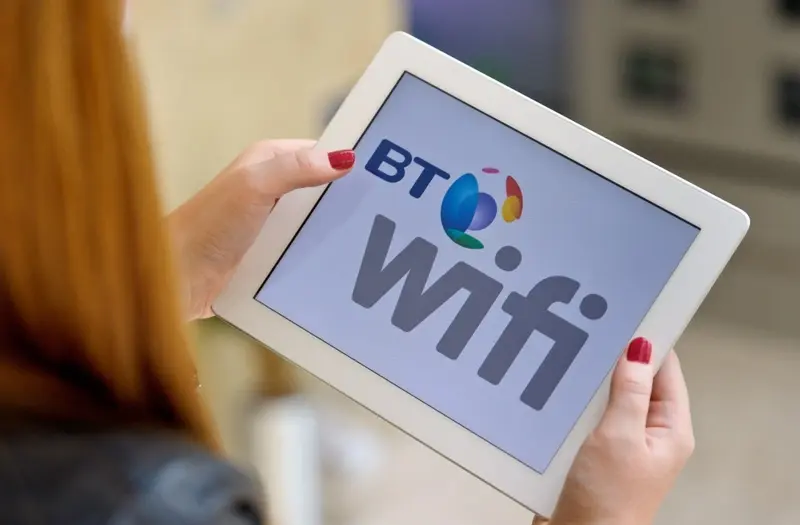
UK telecoms giant BT (BT.A) has scrapped its dividend and reset future shareholder payouts at 50% of previous levels, sending the share price plunging.
The £10.4bn FTSE 100 company had been paying 15.4p per share to investors but BT has axed its final payment for the year to 31 March 2020 and for the whole of the current year to March 2021, alongside full year results.
Dividends will not resume until the full year to March 2022, and even then at the sharply reduced rate of 7.7p per share.
That implies a still hefty 2022 income yield of 7.3% after the shares slumped by nearly 8% on Thursday to 105.35p, its lowest in more than a decade, but that does mean a long dry spell for income investors.
It is merely coincidence that the news was announced on the same day as the proposed Virgin Media and O2 UK merger, but it is BT that is making the more significant waves today.
LONG-TERM HEADACHE
How BT might address an increasingly onerous payout policy has long plagued management, City analysts and investors, but few anticipated a complete dividend wipeout for the next 18 months. Most forecasters predicted cuts of between 25% and 50% to the rough £1.5bn payout, as did the share price.
Yet today’s dramatic move may finally free the company to modernise, making the immense infrastructure investments needed to meet national superfast fibre to the home rollout plans and scale next generation 5G mobile networks while maintaining hefty debt and pension scheme payments.
‘One might be shocked that dividends are off the menu for at least the next 18 months rather than a short-term suspension,’ said AJ Bell investment director Russ Mould.
But ‘now is the perfect time for BT to bury all thoughts of a dividend in favour of making its business more competitive’.
SUBSTANTIAL CASH COMMITMENTS
New fibre network ambitions target 20m premises by the mid to late part of the decade. The first phase of BT’s transformation programme is largely complete and the next phase of modernisation sees BT aim for deliver annualised gross benefits of £1bn by March 2023, and £2bn by March 2025.
This will come at a one-off cost estimated at £1.3bn over the next five years.
Axing then resetting the dividend will save BT about £3.3bn over the next two years, but investors will have to look elsewhere for income for the foreseeable future. Only time will tell if the considerable short-term pain will come with longer-run gains.




